Over the past year, the entertainment industry has been shaken by several major events.
We first heard of the accusations of sexual misconduct against Harvey Weinstein, one of the most powerful producers in film industry.
Soon afterwards, the hashtag #MeToo, which was created by the civil rights activist Tarana Burke and made viral by actress Alyssa Milano, took the world by storm, prompting women from all spheres of life to come forward with their own stories of sexual abuse and harassment.
This contributed to the formation of the Time’s Up movement, whose aim is to raise awareness of the sexual abuse and harassment women suffer in the workplace.
Thanks to the increased public awareness and the immense power of social media, concepts of feminism and women’s rights have gained a new layer of importance for female singers, producers, directors and other industry professionals.
In fact, few public personas have been spared from sharing their thoughts on these subjects when they’ve faced the press.
And while some still shy away from or outwardly reject discussing the issues relating to women’s rights, there is a growing number of celebs who are proud to call themselves feminists.
Many of them walk the walk, too – either by bringing attention to the most pressing issues that women, both in the industry and in everyday life, face on a daily basis, or by lifting up marginalized voices that have long been ignored by the media and the entertainment industry at large.
These are some of the most outspoken celebrities whose work, artistic creation and activism is aimed at empowering women of all walks of life.
Ava DuVernay
When it comes to women in filmmaking, Ava DuVernay has been a pioneer on many fronts: she was the first black woman ever to be nominated for an Oscar for her 2014 film Selma, as well as the first woman of color to direct a $100 million budget movie, Disney’s A Wrinkle in Time.
Not only has DuVernay become one of the most groundbreaking female figures in Hollywood, she has also been working hard to create the same chances for other women whose work starts behind the camera.
In 2016, DuVernay began producing a television drama called Queen Sugar together with another entertainment industry icon, Oprah Winfrey.
For the production of the show, DuVernay was determined to implement her feminist principles and create an environment that would be inclusive of all the marginalized groups that are often overlooked in American filmmaking.
For example, she decided to only hire women directors for the individual episodes of the show: “I always say, ‘If Game of Thrones can have three seasons of all male directors, why can’t we have three seasons of all women directors?’ [A show’s creators] only say, ‘We will not have women’s voices here, we will only center the man’s perspective,’ because they can and they want to. And so, on the other side of things, we’re going to center women because we can and we want to.”
For the Selma director, success in achieving equality in filmmaking means representing various underprivileged groups in a way that mirrors the world around us: “Equity means half of the projects being directed by women, and casts that reflect the real world—not just black people and white people, but brown people and Native people, Muslim people and people of all ages and sizes and body types.”
Jessica Chastain
One of the leading voices in Hollywood when it comes to equal opportunity for women is the two-time Oscar nominee Jessica Chastain.
Ever since Chastain became a known name of the movie scene, she has been speaking up about a variety problems that concern women who work in the industry, but also universal obstacles that women face, such as gender pay gap, sexual harassment and the issues around sexual consent.
At the 2017 Cannes Film Festival, Chastain delivered a sharp critique about the event’s lack of representation when it came to female moviemakers, but also the way in which women are portrayed on film: “This is the first time I’ve watched 20 films in 10 days,” Chastain said. “I love movies. The one thing I really took from this experience is how the world views women, from the female characters that I saw represented. And it was quite disturbing to me, to be honest.”
The actress, who rose to prominence thanks to hit movies like The Help and Zero Dark Thirty, also raised concerns around the issues of women’s privacy and sexual violation when asked about the scandal in which a number of high-profile female celebrities’ nude photographs were leaked by internet hackers: “Anything sexual which does not have the woman saying ‘Yes’… is a big problem to me,” Chastain told Sky News. “I hope that we find out who these people were and we can go after them as hard as we can.”
In the light of more recent events and a host of accusations put forward against Harvey Weinstein and other powerful men in Hollywood, Chastain expressed that it was time to finally hold male colleagues accountable for their actions: “It’s society that allows it to continue. It’s society that doesn’t say, hold up, this is not appropriate behavior. The sad thing is, the majority of my career has been with the most incredible men. I’ve never had a sense of being ‘less than’ because of my gender, on their film sets. And yet, the small percentage of people who use their power to victimize and abuse have such a wide reach that … I feel bad to say, but it’s kind of put this stain on men.”
Tessa Thompson
This up-and-coming actress is becoming a bit of her action hero darling, due to her amazing performance in the movies such as Creed and Thor: Ragnarok.
And yet, Thompson, who can these days be seen in the Netflix-distributed movie Annihilation, has been very vocal about the limited scope of female characters presented in contemporary films, especially when it comes to action and sci-fi genres.
In her view, female characters that occupy these spaces tend to be one-dimensional and ever-objectified: “There’s an unfair position that women are sometimes put in, in the context of superhero movies and action movies where at once they have to be very strong and fierce, but also sexy.”
Because of this, the Dear White People star has been vocal about the importance of having women behind cameras and running the show, in addition to acting full-fleshed characters.
In regards to the ongoing movements of exposing abusers and predators within the wider movie industry, Thompson commented: “I forget who, but someone tweeted that instead of firing folks – in this case, men that have been found out – the way to beat the power is just replace them, immediately, with women. Sort of like reparations. That’s not a bad idea, honestly.”
Natalie Portman
This Oscar winner was never afraid to voice her opinion on the position of women in the movie industry.
For example, in 2013, she criticized Hollywood’s lack of nuance when writing feminist characters: “The fallacy in Hollywood is that if you’re making a ‘feminist’ story, the woman kicks ass and win. That’s not feminist, that’s macho. A movie about a weak, vulnerable woman can be feminist if it shows a real person that we can emphasize with.”
Furthermore, at the 2018 Golden Globes, the Israeli-born actress took the opportunity to point out the alarming fact that the nominee line-up for the Best Director was entirely composed of male directors.
Even before the event, the Black Swan star called out the lack of opportunities for women in Hollywood: “Every year it’s exclusively male-directed, written and filmed movies that we’re talking about in awards season. Not that men shouldn’t be making films,” Portman said and added: “It’s just crazy that there is such a minority of women’s voices out there.”
Finally, at the 2018 Women’s March, Portman took the stage to bring attention to what she called “sexual terrorism”. The Jackie star talked about her early experiences of being in the limelight and how the audiences and industry professional objectified her from a very early age. Portman also candidly discussed all the harmful coping mechanism she employed in order to be able to protect herself from such a hostile environment surrounding struggling actresses.
Emma Watson
When someone says the words “feminist” and “celebrity” together, many people will instantly think of the young British actress, Emma Watson.
The Harry Potter star made all the headlines when she launched her HeForShe campaign with an inspiring speech the UN headquarters.
In it, Watson laid out the goals of her campaign, but also talked about the obstacles and injustices women face due to their subordinate position within the society: “I am from Britain and think it is right that as a woman I am paid the same as my male counterparts. I think it is right that I should be able to make decisions about my own body. I think it is right that women be involved on my behalf in the policies and decision-making of my country. I think it is right that socially I am afforded the same respect as men. But sadly I can say that there is no one country in the world where all women can expect to receive these rights.”
The UN speech was a roaring success, and Watson continued using her platform to talk about important feminist issues, but also to grow and explore her own ideas about women’s liberation together with her fans and admirers.
In 2016, the Beauty and the Beast star launched a feminist book club called “Our Shared Shelf”. So far, Watson has recommended many seminal works of feminist literature, including My Life on the Road by women’s liberation icon Gloria Steinem, the graphic novel Persepolis by Iranian author Marjane Satrapi, as well as the much talked-about Why I’m No Longer Talking to White People About Race by British writer Reni Eddo-Lodge.
Beyoncé
This living legend shook the world when she dropped her self-titled album in late 2013, and not just because she delivered a host of certified bops with no prior announcement.
One of the most buzzed about moments on Bey’s fifth studio album was the speech by Nigerian best-selling author Chimamanda Ngozi Adichie, sampled for the track titled ***Flawless.
The speaking portion, which was directly taken from Adichie’s TED Talk called “We Should All Be Feminists”, states the basic definition of a feminist – a person who believes in the social, political and economic equality of the sexes.
The groundbreaking moment on Beyoncé’s album was brought to an ever-wider audience when she performed at the 2014 MTV VMAs in front of a gargantuan flashing sign that projected the word “feminist” in all capital letters.
In an event that instantly became an iconic pop cultural moment, one of the biggest entertainers in the world endorsed a word that many people had trouble understating or accepting up until that point.
The singer later explained the intention behind this stunt: “I put the definition of feminist in my song and on my tour, not for propaganda or to proclaim to the world that I’m a feminist, but to give clarity to the true meaning,” she told Elle magazine.
She also added: “I’m not really sure people know or understand what a feminist is, but it’s very simple. It’s someone who believes in equal rights for men and women.”
And even though Adichie would later go on to say that hers and Beyoncé’s brand of feminist aren’t exactly alike, the moment where one of the biggest pop stars of our times de-stigmatized a word for millions to see remains incredibly powerful.
With an increasing number of female singers, actresses and directors becoming emboldened to stand up and speak out about the injustices they face, it becomes clear that the feminist movement in film and music industry is only in its nascent stages. As times moves on, we are positive we will be seeing even more empowering feminist figures take charge and bring change for women in Hollywood and the wider entertainment industry.

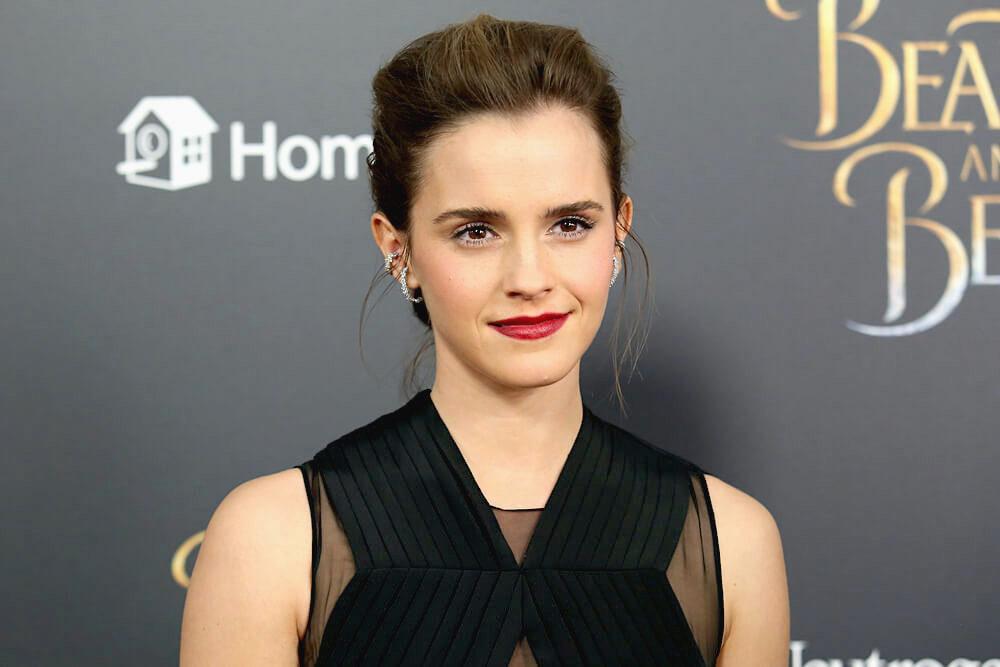
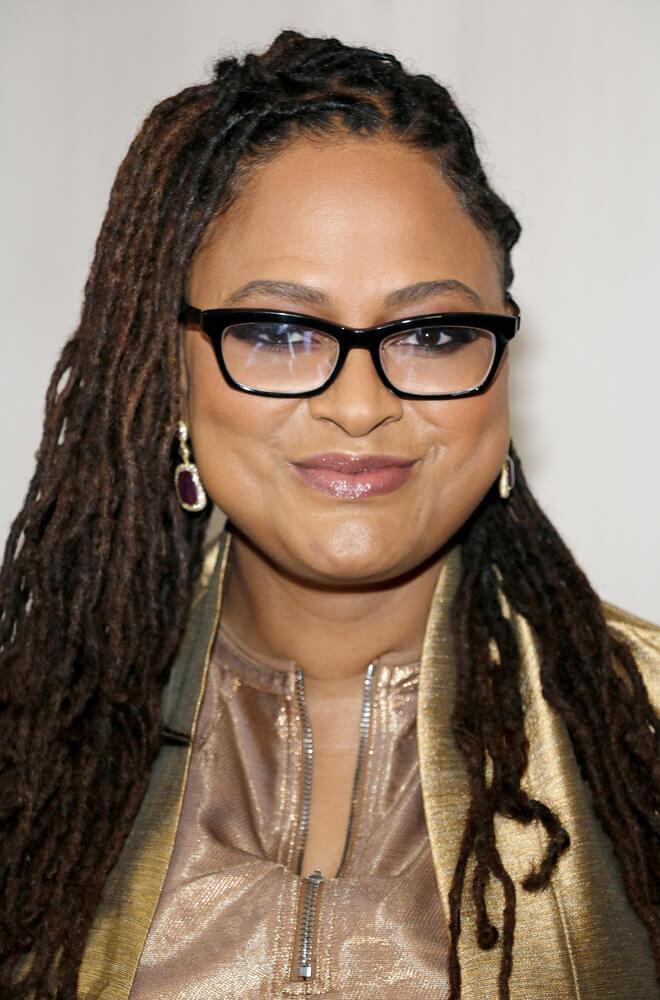
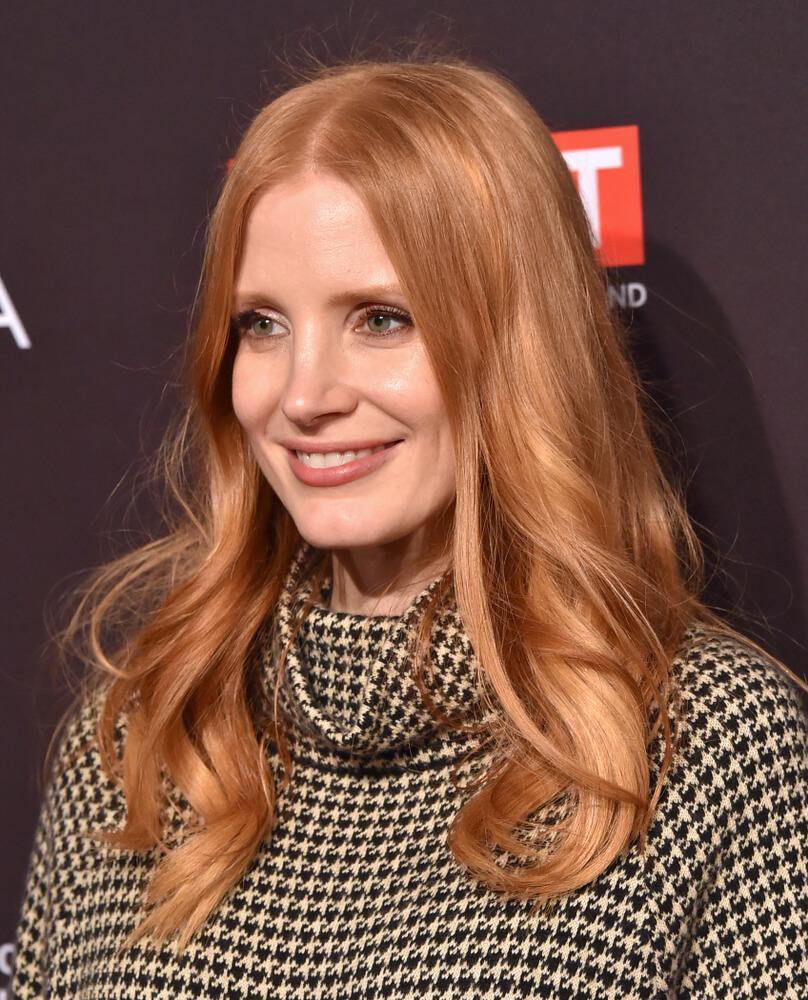

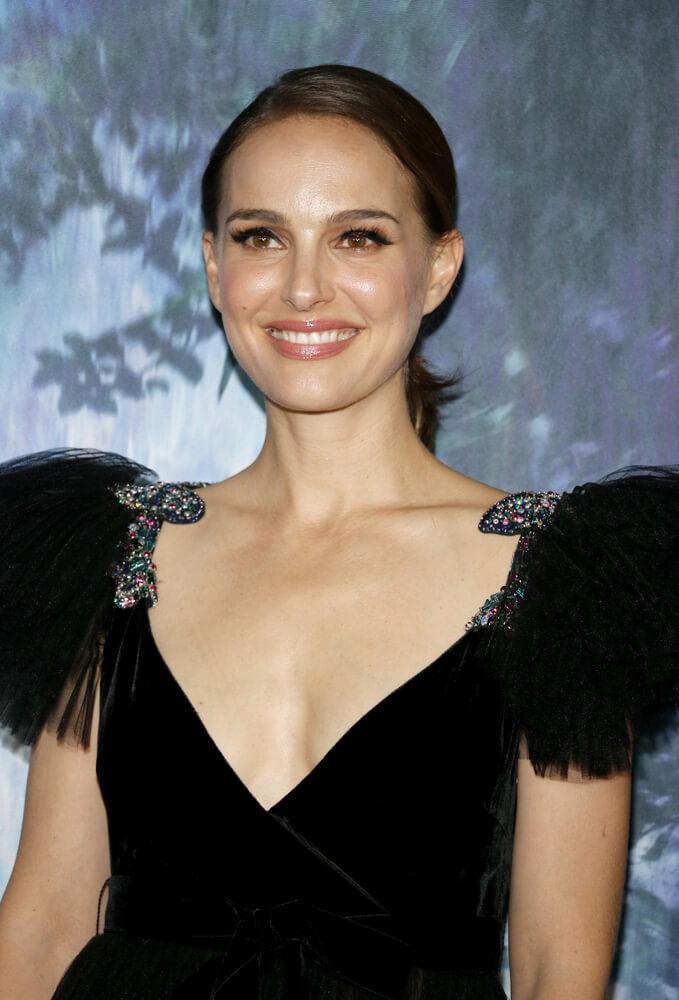
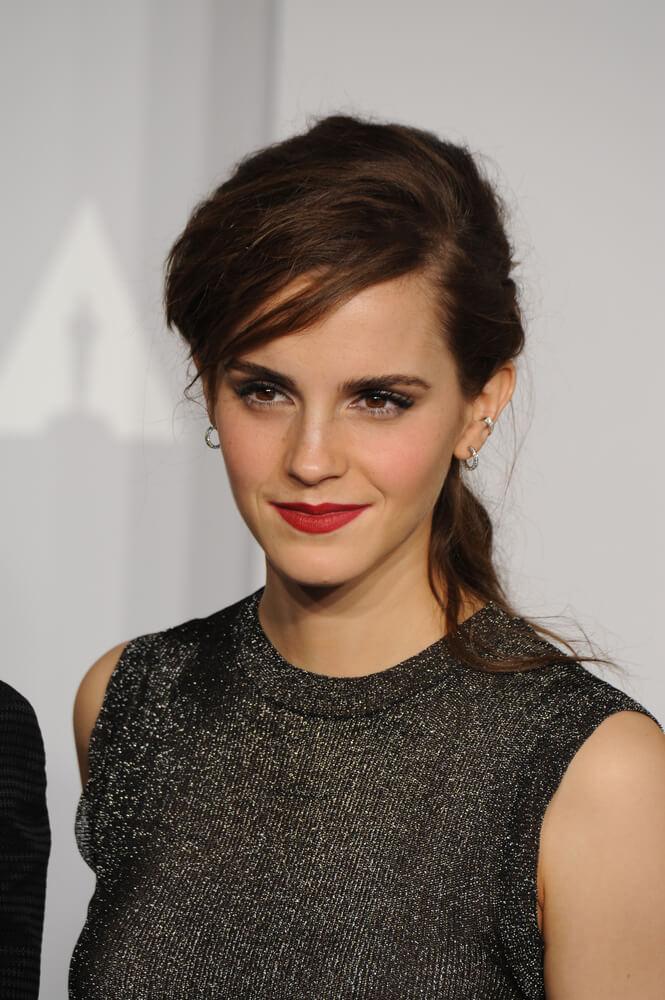
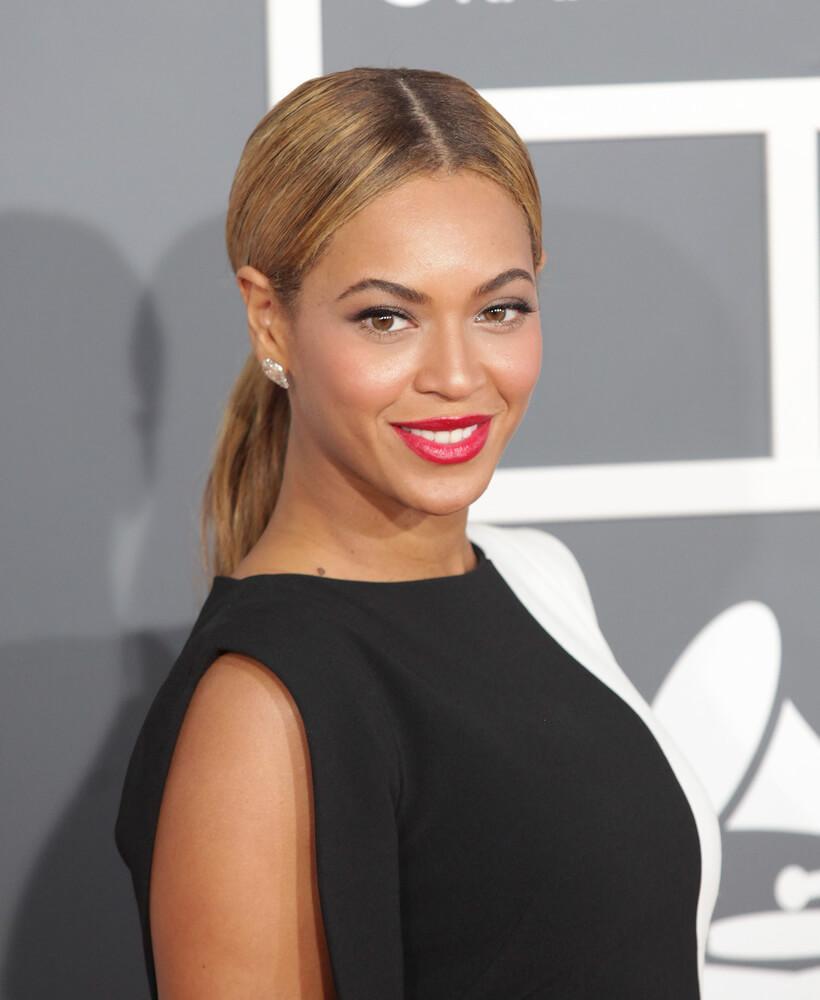
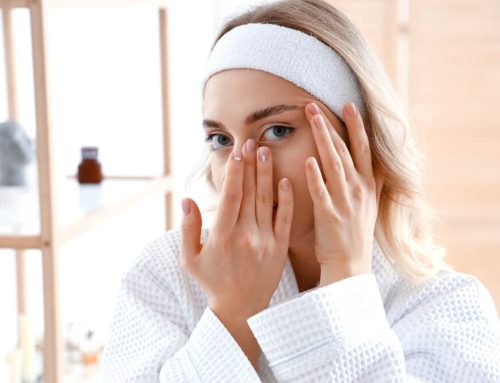
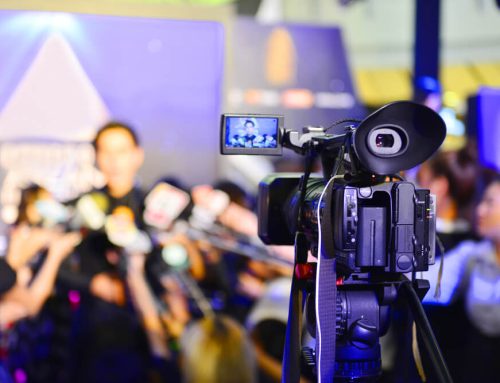
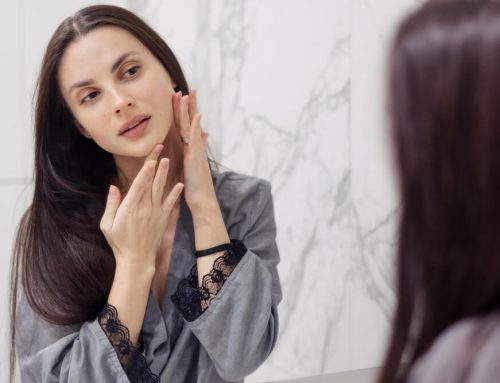
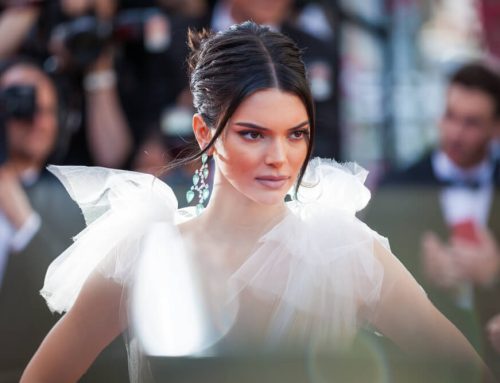
Leave A Comment